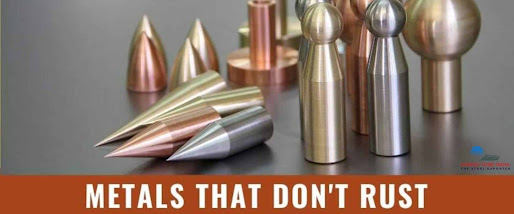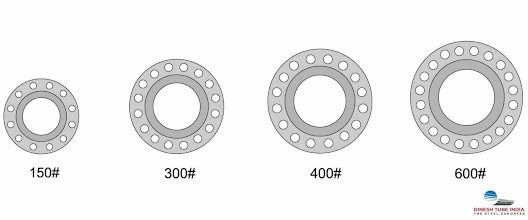10 Metals That Don’t Rust
Which are the metals that do not rust?
Within the sight of an impetus, like water or air-dampness, rust structures on metal, debilitating it and making it unattractive. In the presence of an impetus, for example, water or air-dampness, rust structures on metal, debilitating it and making it ugly. At the point when rust chips off, it can cause cuts and scratches. Rust expulsion is tedious and frequently fruitless, so keeping away from it is ideal. Use metals that won’t rust, or apply a completion that suits your undertaking.
Since rust is an iron oxide, just metals containing iron can shape it; steel is a typical model. While picking the right metal for your task, remember that non-rusting metals can in any case erode in alternate ways.
Rust Free can adversely influence machines, vehicles, and development structures. Consistently, rust costs us around 1% of the world’s economy, or 800 billion bucks. Utilising metals that don’t rust is the best method for forestalling rust arrangement today.
Rust can negatively affect machines, vehicles, and construction buildings. Every year, rust costs us about 1% of the world’s economy, or 800 billion dollars. Using metals that do not rust is the most effective way to prevent rust Free formation today.
What corrosion means?
During petroleum and natural gas processing, corrosion occurs when a material deteriorates due to its interaction with its surroundings. In spite of the fact that this definition can be applied to any type of material, it is usually reserved for metallic alloys.
Gold rusting
Gold is a noble precious metal, and it is the least reactive of all metals. Gold does not rust, nor will it tarnish.
Since most gold manufactured items aren’t 100% pure, they can rust and tarnish over time. Gold is extremely malleable, so manufacturers (e.g. jewelers) usually alloy pure gold with harder metals. The alloy resulting from these harder metals will tarnish and/or rust.
Gold alloys are highly resistant to corrosion and tarnish depending on the proportion and type of metal used.
Tarnishing of gold is caused by what? Gold tarnishes due to oxygen and sulfur, the same factors that contribute to rusting on metal. In metals mixed with gold, moisture will react with oxygen and sulfur compounds, causing corrosion on the surface.
What is corrosion?
As a result of corrosion, a refined metal becomes a chemically more stable oxide. By chemical or electrochemical reaction with their environment, materials are gradually destroyed. Corrosion engineering is the field dedicated to controlling and preventing corrosion.
Nickel rust
Rusting is not a problem with nickel. Iron and its alloys rust when they oxidize, forming a layer of loose powdery iron oxide that makes them brittle and fragile. Nickel is highly resistant to corrosion. It withstands a wide range of temperatures, extremely humid conditions, and harsh chemicals.
Rust in Gold
Pure gold is a noble precious metal, and the least reactive of all metals. Gold does not rust, nor will it tarnish.
For more information visit
https://thesteelexporter.com/10-metals-that-dont-rust/
#metal #rust #nickel #gold #corrosion #steelexporter #thesteelexporter #supplier #manufacturer




Comments
Post a Comment